What Happens to Your 401k When You Die?
Your 401k is likely one of the biggest parts of your financial life. You work for decades to build it up. But have you thought about what happens to your 401k when you die? The answer isn’t simple. It depends on who you listed as your beneficiary, how your account is structured, and whether you’ve done any estate planning.
If you don’t plan ahead, your family could face big tax bills, delays in probate court, and even arguments over money. Let’s break down how 401ks are handled when you pass away and what you can do now to protect your loved ones.
Your Beneficiary Form Is the Key
When you first opened your 401k, you filled out a form naming who should get the money if you pass away. That one piece of paper matters more than your will or trust. Whoever you listed gets the funds, no matter what your will says.
This can cause problems if you forget to update your account. Many people are shocked to learn that an ex-spouse, long removed from their life, still has a legal claim to their retirement money. That’s why you should review your beneficiary list every few years or whenever you have a major life change like marriage, divorce, or the birth of a child.
What If No Beneficiary Is Listed?
If you never named a beneficiary, the law usually directs your 401k to your spouse. If you’re single, the account often ends up in your estate. That means the money goes through probate. Probate is the court process to sort out debts and distribute assets, and it can drag on for months or years. It also costs money, and your family may lose a portion of the account to fees and taxes.
Why Spouses Have More Options
Spouses who inherit a 401k are in a better position than other heirs. They can:
Roll the money into their own retirement account.
Keep the account and take withdrawals over time.
Cash out the account all at once.
Rolling the funds over usually makes the most sense because it allows the money to keep growing tax-deferred. But the best choice depends on the family’s financial situation.
When Children or Other Heirs Inherit
Non-spouse beneficiaries, like your kids or siblings, face stricter rules. Under current federal law, most of them must withdraw the entire balance within 10 years of your death. That can create a big tax headache.
Say your child inherits a $300,000 401k. If they have to take it all out in 10 years, that income could push them into a much higher tax bracket. With careful planning, you may be able to ease that burden. Some families use trusts to control how the money is paid out, while others look at Roth IRA conversions or other strategies before death.
Taxes Still Apply
It’s important to remember that 401k funds are pre-tax. You didn’t pay income tax on them when you contributed, and your heirs won’t either—until they take the money out. Every withdrawal counts as income and gets taxed at their regular tax rate.
If you leave a large account to someone in a high tax bracket, a big chunk of your savings could go to the IRS instead of your family. That’s one of the main reasons estate planning matters.
How Estate Planning Protects Your 401k
An estate plan doesn’t just cover your house, bank accounts, or personal belongings. It also helps protect retirement assets like a 401k. Planning ahead can:
Keep your beneficiary forms updated so the right people inherit.
Use trusts when needed to manage how money is paid out.
Make sure your 401k coordinates with your will, trust, and other assets.
Help reduce taxes by planning withdrawals, conversions, or gifts during your lifetime.
Without a plan, your heirs may get stuck with extra taxes, court delays, or even family disputes.
Mistakes People Often Make
Forgetting to change beneficiaries after a divorce or remarriage.
Naming a minor child directly (a court has to step in because minors can’t inherit).
Listing “my estate” as the beneficiary, which forces the account into probate.
Assuming their will controls their 401k. It doesn’t.
Steps You Can Take Now
If you have a 401k, here are three simple things to do:
Check your beneficiary forms. Don’t assume they’re up to date.
Meet with an estate planning lawyer. They can explain how your 401k fits into your overall plan.
Review everything regularly. Life changes, and your documents should change with it.
Final Thoughts
So, what happens to your 401k when you die? The answer depends on preparation. Your beneficiary form decides who gets the money, not your will. Without planning, your family could face tax problems, long court delays, or even conflict. With the right estate plan, you can make sure your savings go to the people you want—without unnecessary stress or cost.
Give us a call or text at (213) 835-0300 or fill out our book a call with us to get started.
